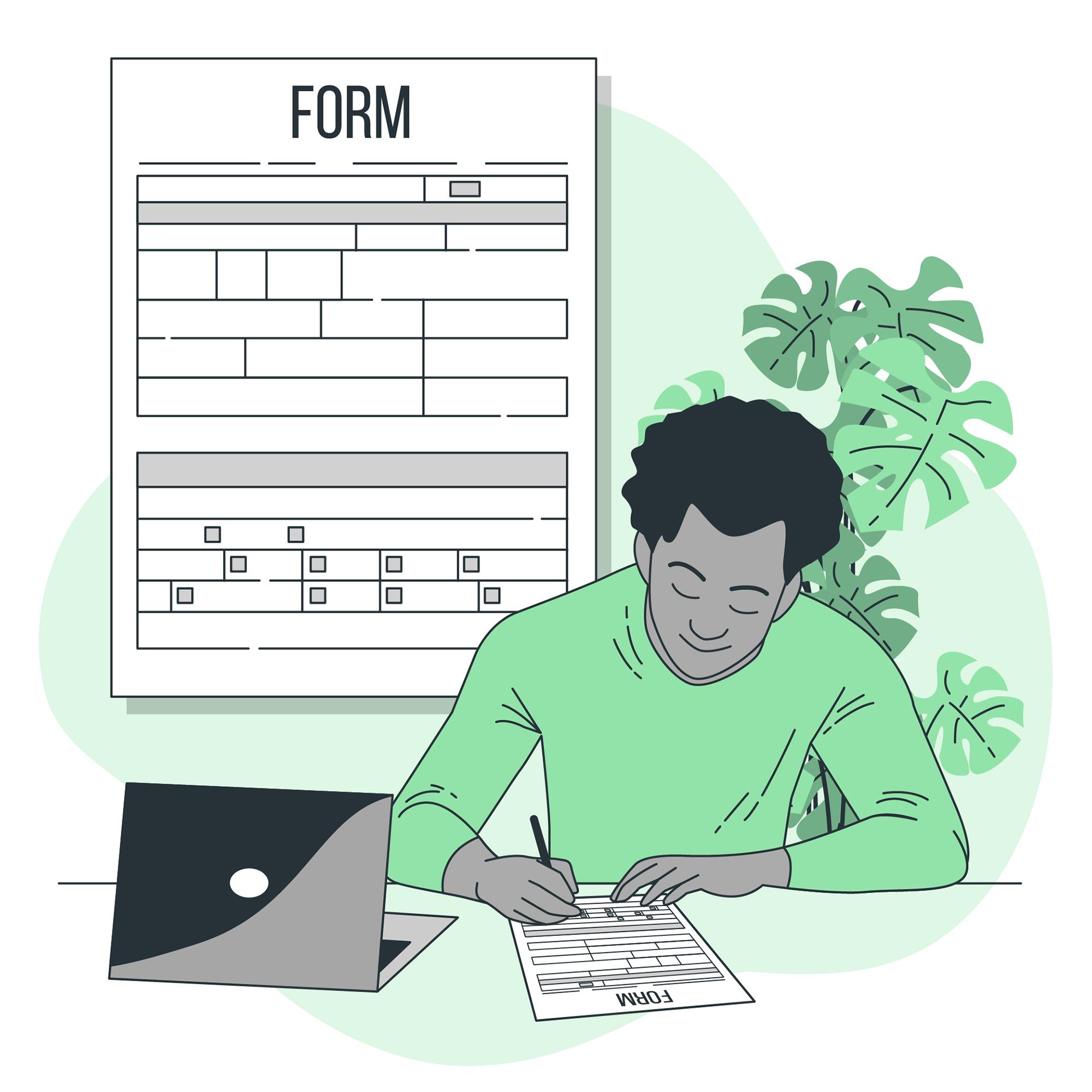Mastering the Art of Essay Writing
Welcome to your free, knowledge-based resource on how to write an essay. This site exists to empower students, professionals, and curious minds with clear, step-by-step guides on writing essays of all types. We don’t offer paid services, we don’t write essays for you, and we never charge for information. Our mission is simple: to help you learn how to write an essay on your own, with confidence.

Whether you're working on a school assignment, college application, or professional report, understanding the fundamentals of essay writing is a skill that pays off for life.
How to Write an Essay: Step-by-Step Essentials
To truly understand how to write an essay, it’s important to start with the structure. Most essays follow a basic format: introduction, body paragraphs, and conclusion. Here’s a quick overview:
01.

Introduction
Introduce the topic and include a clear thesis statement that outlines your main point.
02.

Body Paragraphs
Each paragraph should focus on a single idea that supports your thesis. Use evidence, examples, and logical reasoning.
03.

Conclusion
Summarize your points and restate your thesis in a fresh way.
How to Write an Argumentative Essay
Knowing how to write an argumentative essay is essential for academic success. These essays require you to take a clear position on an issue and defend it using logic, research, and structured argumentation.
Here’s what to focus on:
- Choose a debatable topic with two or more sides.
- Clearly state your position in the thesis.
- Provide well-researched evidence to support your claims.
- Address opposing viewpoints with counterarguments.
- Conclude with a strong summary of your main points and restatement of your position.
We provide examples and templates to help you develop strong arguments and avoid logical fallacies.
How to Write an Informative Essay
If you’re explaining a topic rather than arguing for or against something, you’ll need to learn how to write an informative essay. This type of essay educates the reader by presenting facts, statistics, and explanations without inserting personal opinions.
Key tips include:
- Pick a topic you understand or can research thoroughly.
- Write a clear thesis that outlines the scope of your explanation.
- Organize your facts logically, using subheadings if necessary.
- Use sources responsibly, citing them properly.
- Keep your tone objective and neutral.
Informative essays are common in academic and professional settings, making this skill essential.
How to Write an Analytical Essay
An analytical essay is all about breaking down a subject—be it a book, event, or concept—into its parts and examining how they work together. Knowing how to write an analytical essay is especially useful in literature, film studies, history, and social sciences.
Here’s how:
- Start with a clear thesis that expresses your interpretation.
- Break the subject into key components.
- Analyze each component in a separate paragraph with evidence and insight.
- Avoid summarizing—focus instead on interpretation and meaning.
- Conclude by tying your analysis back to the thesis and explaining its broader relevance.
We help you develop a sharp, critical voice and support your analysis with solid examples.
How to Write a Book Title in an Essay
Formatting matters in academic writing. One common question is how to write a book title in an essay correctly. The answer depends on the style guide you’re using:
- MLA: Italicize full-length works like books (e.g., To Kill a Mockingbird).
- APA: Also italicizes book titles.
- Chicago: Same rule—use italics for complete works.
- For shorter works like articles or essays, use quotation marks instead.
We provide formatting examples for each major style guide and explain how to handle tricky situations like titles within titles.
How to Write a Conclusion for an Essay
Writing a strong ending is just as important as a strong introduction. Learning how to write a conclusion for an essay can elevate your entire piece. A great conclusion doesn’t just repeat your introduction—it reinforces your ideas and leaves a lasting impression.
Tips for an effective conclusion:
- Restate the thesis in a new way.
- Summarize key supporting points.
- End with a powerful closing sentence, a thought-provoking question, or a call to action.
- Avoid introducing new information in the conclusion.
We share examples of weak vs. strong conclusions and offer templates you can adapt to your own writing.
No Fees, No Services—Just Free Knowledge
This website exists for one reason: to teach you how to write an essay. We don’t offer paid services or accept payments. Everything here is free and built to inform. Whether you’re writing your first paper or fine-tuning your academic voice, you’ll find tools, templates, and advice to guide you. These platforms with essay humanizer AiEssayHumanizer tool assist students with writing tasks of any difficulty, delivering clear, structured, and plagiarism-free essays. From urgent tasks to long-term projects, essay services online EssayWritingService deliver consistent quality and reliable communication. Students use these services with essay writers EssayWriterService to submit high-quality work while managing busy schedules and multiple deadlines.
Start exploring and take control of your writing journey today!
